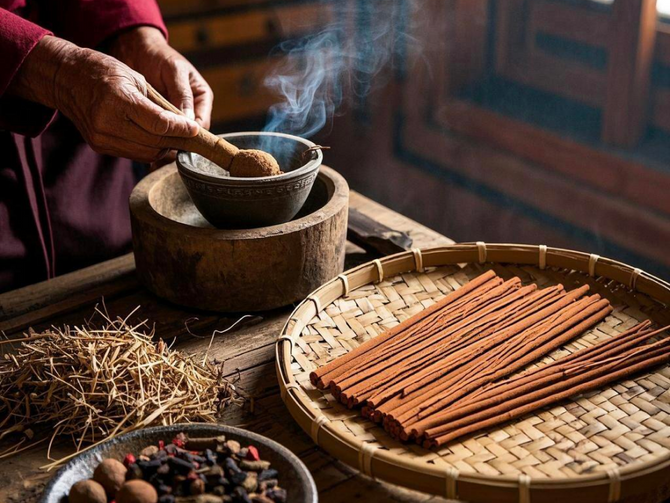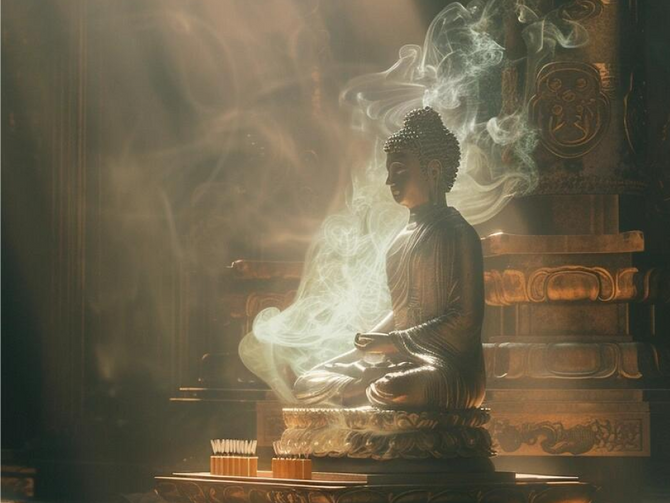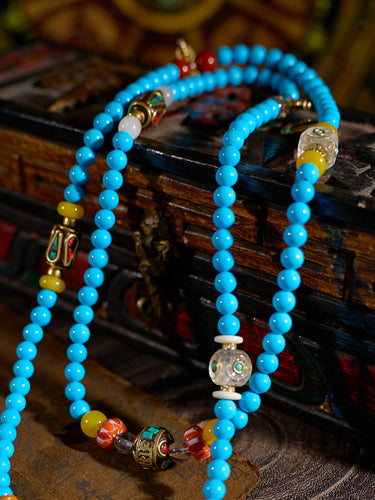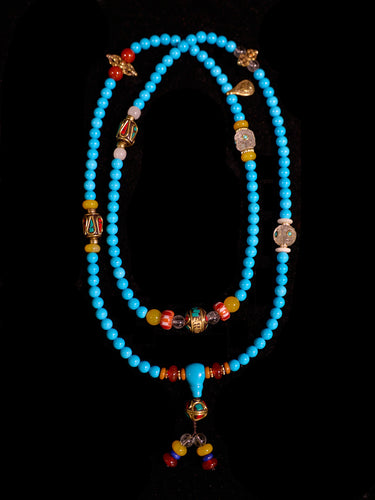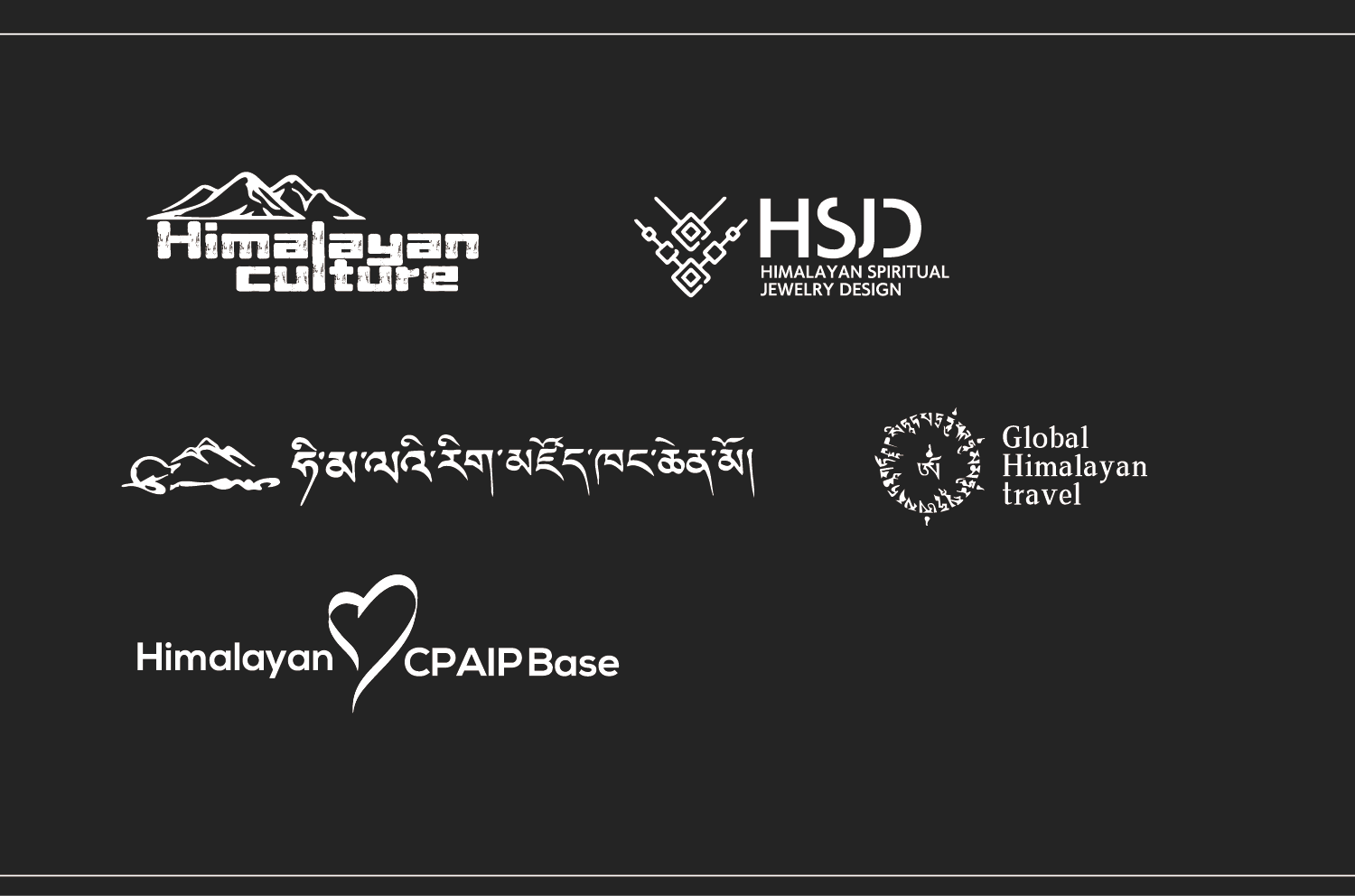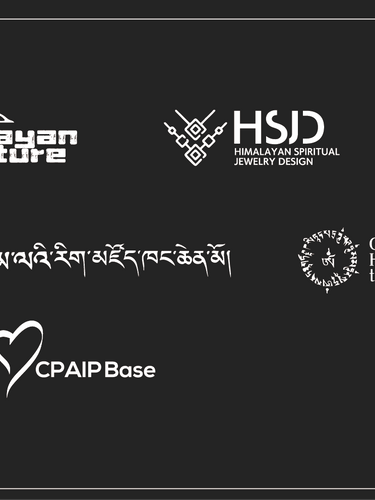
The Bathing Festival, a revered tradition entrenched in cultural and spiritual significance, remains a timeless ritual embraced by many cultures worldwide. Celebrated as a ritualistic cleansing, the Bathing Festival represents a profound belief in the purifying qualities of water. This ritual, known for its therapeutic and spiritual connotations, is deemed a sacred tradition offering not just physical cleanliness but also spiritual rejuvenation.
The Healing Waters: An Ancient Practice
The ancient practice of immersing oneself in the healing waters during the Bathing Festival spans back through the annals of time, weaving itself into the cultural fabric of civilizations worldwide. This age-old ritual, steeped in mysticism and spirituality, resonates across diverse societies, each interpreting and celebrating it in unique ways. At its heart lies a profound belief in the transformative powers of water, transcending mere physical cleansing to embrace a deeper spiritual rejuvenation.
Throughout history, civilizations have revered water for its purifying qualities, attributing it with the ability to cleanse not just the body but also the soul. The ritual of bathing during the festival is more than a physical act; it symbolizes a profound spiritual cleanse, aiming to absolve sins, ailments, and misfortunes while ushering in a renewed sense of well-being and purity.
The healing properties associated with these waters have been documented across various cultures and epochs. Ancient texts, scriptures, and oral traditions abound with narratives that extol the virtues of sacred rivers, holy springs, or specific bathing rituals believed to possess mystical healing powers. This concept of water as a conduit for spiritual and physical restoration remains a common thread interwoven through the tapestry of diverse cultural practices worldwide.
Cultural Variations: Diverse Celebrations, Singular Essence
Across various cultures, the Bathing Festival assumes diverse forms, blending local traditions, and customs with the core belief in the healing power of water. In India, the Kumbh Mela stands as an iconic testament to the magnitude of the Bathing Festival. Held at the confluence of sacred rivers, it draws millions seeking spiritual rejuvenation through a dip in the holy waters. The fervor and magnitude of this festival, occurring once every few years, showcase not only a spiritual cleansing but also a cultural convergence of diverse practices and beliefs.
Similarly, Japan's Hanami festival, known for its picturesque cherry blossoms, embraces the Bathing Festival's essence in a tranquil setting. People flock to parks, bathe under the blooming trees, and immerse themselves in the serene beauty while partaking in this ritualistic cleansing. It's a celebration that merges nature's exquisite beauty with the act of purifying oneself.
In Southeast Asia, the Songkran Festival of Thailand brings communities together in spirited water fights, symbolizing the cleansing of the past year's misfortunes and welcoming the new year with fresh aspirations. This joyful water festival, filled with laughter and merriment, symbolizes the renewal of the spirit and collective harmony.
Further west, in countries like Morocco, the Hamam, or public bathhouses, are intrinsic to daily life and cultural heritage. The act of communal bathing serves as not just a cleansing ritual but also a social gathering, fostering connections and community bonds.
The allure of the Bathing Festival extends to Europe, where various cultures host similar rituals embedded in their histories. From the Christian practice of baptism to the cleansing traditions of ancient civilizations, the act of bathing symbolizes purification, renewal, and a fresh start across cultures and centuries.
The diversity in Bathing Festivals across the globe signifies the universal human inclination toward cleansing rituals and spiritual rejuvenation. While the manifestations differ significantly, the underlying essence remains unwavering – the intrinsic connection between water, purification, and spiritual renewal.
These cultural variations surrounding the Bathing Festival depict the intricate tapestry of human history and belief systems. They showcase the rich diversity of traditions and the shared human aspiration for purity, renewal, and a deeper spiritual connection with oneself and the world around us.
The Festival's Significance in the Orient
In the realms of Oriental traditions, the Bathing Festival holds a distinct place. For enthusiasts, collectors, and artists who appreciate classical Oriental art, this festival serves as an invaluable source of inspiration. The serene portrayal of these rituals in classical artworks evokes a sense of reverence, showcasing the profound connection between humans and nature, prevalent in Oriental aesthetics.
In the mosaic of Oriental cultures, the Bathing Festival takes on multifaceted forms, intricately woven with unique customs and rituals. From Japan's 'Misogi,' a Shinto purification ritual involving a ceremonial waterfall bath to China's 'Dragon Boat Festival,' where cleansing rituals are performed to ward off evil spirits, each tradition holds its distinct charm, yet all underscore the sanctity of water in cultural practices.
Within the realm of Oriental artistry, the Bathing Festival emerges as a recurring motif, captured vividly in classical artworks. Scrolls depicting serene landscapes adorned with figures engaged in cleansing rituals, meticulously crafted pottery showcasing bathing scenes, or intricately detailed paintings portraying the spiritual significance of water, all illustrate the festival's essence. These artistic renditions not only reflect the cultural importance but also immortalize the festival as a revered part of Oriental heritage.
The festival also embodies philosophical underpinnings ingrained in Oriental thought. It resonates with concepts such as harmony with nature, the cyclical nature of life, and the pursuit of balance. Embracing these philosophies, the Bathing Festival becomes a symbol of alignment with the natural order, an act that seeks not just physical cleansing but also harmonization of the mind, body, and spirit.
Oriental Aesthetics: Preserving Heritage, Nurturing Passion
At Oriental Aesthetics, our mission transcends commerce. We serve as custodians of Oriental art and traditions, catering not only to connoisseurs and collectors but also nurturing the passion and appreciation for classical art. With a commitment to systematic, high-quality professional services, we bridge the gap between artists and enthusiasts, fostering a community deeply rooted in the appreciation of Oriental artistry. While focusing on arts, we also dedicate to disseminate traditions developed historically in the East as we believe that the intangible cultural heritage is as valuable as tangible ones. We would explore more traditions and disseminate to the world via various media so that the rest of world will recognize the brilliance of oriental beauty.


